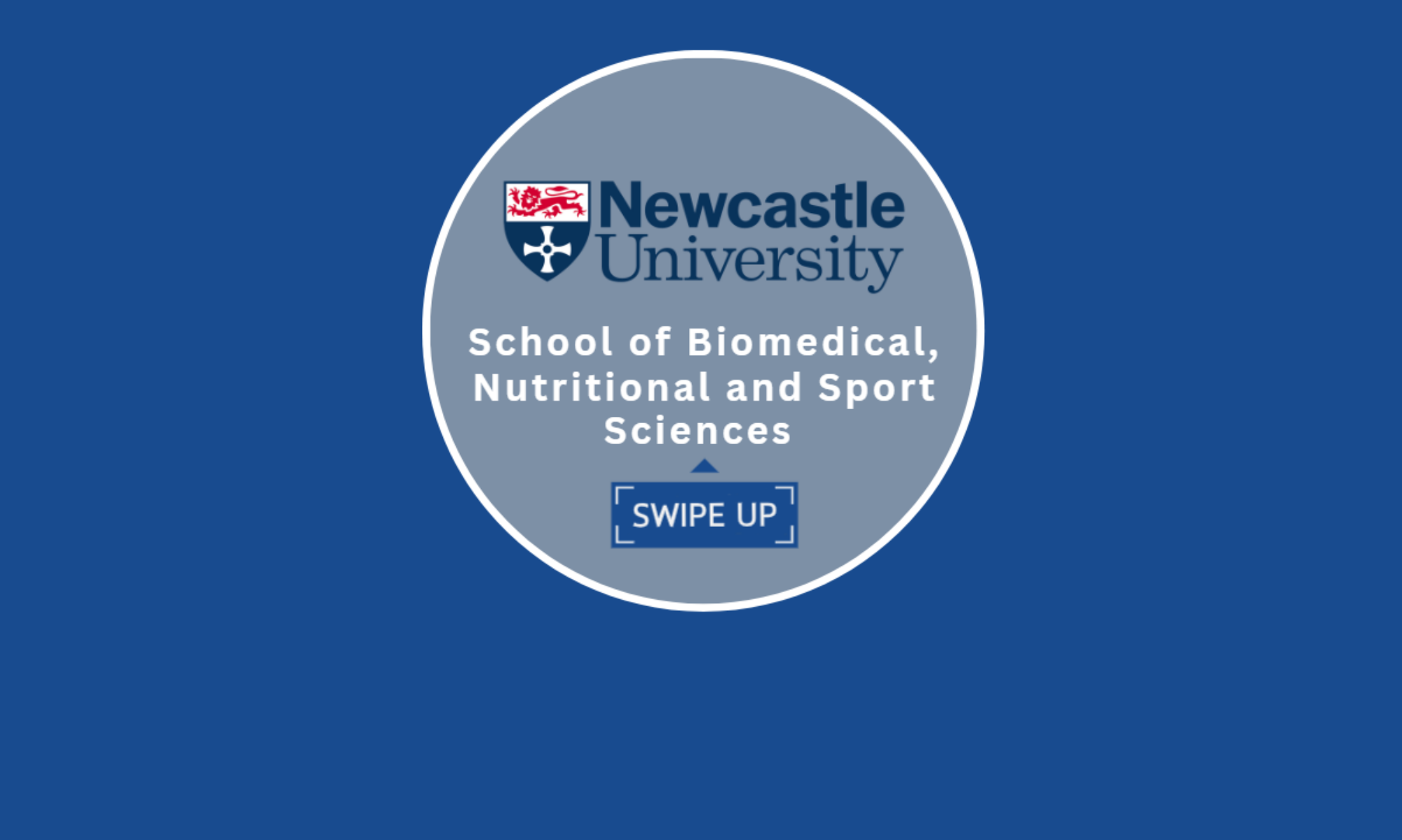By Alex Washington, MSci Biomedical Genetics
For a little while now I’ve been looking for ways to help the LGBT+ and disabled communities but was never sure where to go or what I could do. I do still want to find other ways to help, but I found my starting point as an EDI (Equality, Disability, and Inclusivity) representative in the School of Biomedical, Nutritional and Sport Sciences.
How I got the role
I originally applied to be the LGBT+ rep, thinking “well I’m really queer so that’ll work,” but Dr Parry, head of the EDI committee at the time, thought I’d be better suited for the marginalised genders role, seeing as I’m very vocal about being trans. I didn’t have much of a choice when I was 19 going on 12 but I’m still open about it now, when I easily pass as a cis man (not looking quite 20 yet but getting there).
I am also the rep for disabilities, which wasn’t a part of the plan, but I’m very happy how it turned out. I have ADHD (attention deficit hyperactivity disorder), and I know that it’s a serious disability, but a lot of times people brush it off and treat it as “not a real mental disability.” Because of this, a lot of the time I’m scared to speak up about it, in fear I won’t be taken seriously.

At our first EDI meeting, it was mentioned our disabilities rep was a final year student, and so we’d have to find a replacement for when she finished university over summer. At that point I volunteered to be a co-rep with her until she left and take over the role afterwards if we didn’t have any other volunteers, and I’m really glad I did so. My fears of not having my ADHD taken seriously are very real, but they never reflected reality while working with the EDI team.
What I did with the role – it’s more than a way to get a free hoodie
Having worked side by side with the Faculty of Medical Sciences since February, I’m happy to say I’m proud of what I’ve achieved so far in my time as a rep, as I managed to make positive changes both to school- and university-wide policy, and to specific students dealing with LGBT+ and disability issues. From simple things like ensuring the lecture slides are more accessible to students, to more serious matters like how DSA (Disabled Students’ Allowance) is addressed in placement talks. After an extremely homophobic survey got sent out to students, we even got the university to change how student surveys are approved to be sent out.
Talk to us
From my experiences I can say that the School of Biomedical, Nutritional and Sport Sciences and Faculty of Medical Sciences are happy to support their students, but a lot of times issues can go unnoticed. Being a representative, I can highlight to the staff, at a professional capacity, any issues students bring up to me, and then address them. Once a solution is presented, I haven’t once seen excuses be made to avoid fixing the problem, no matter how big or small it was.
For this reason, I would urge any student that is having an issue adjusting to life at university to speak to either me or one of the other EDI reps – whoever is most suitable – so we can support you and help make the university experience more accessible.
EDI rep contact information can be found on the Biomedical and Biomolecular Sciences Stage 1-4 Community modules on Canvas.
